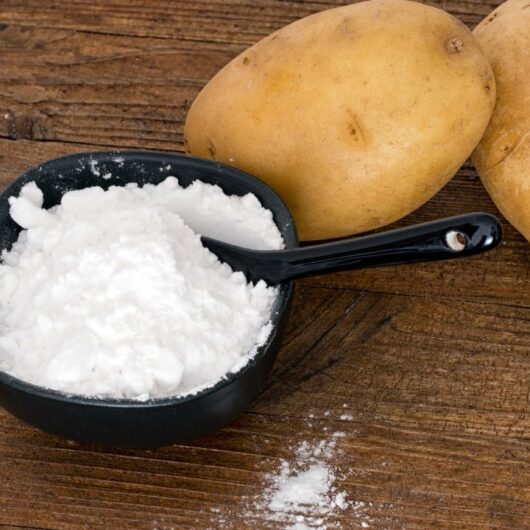If you are an avid chef or baker, then the chances are that you have come across a recipe that involves the use of potato starch.
This is a great source of protein and one of the most versatile cooking products on the market.
However, if you suffer from certain allergies, then you might have to rule out the use of potato starch in your recipe.
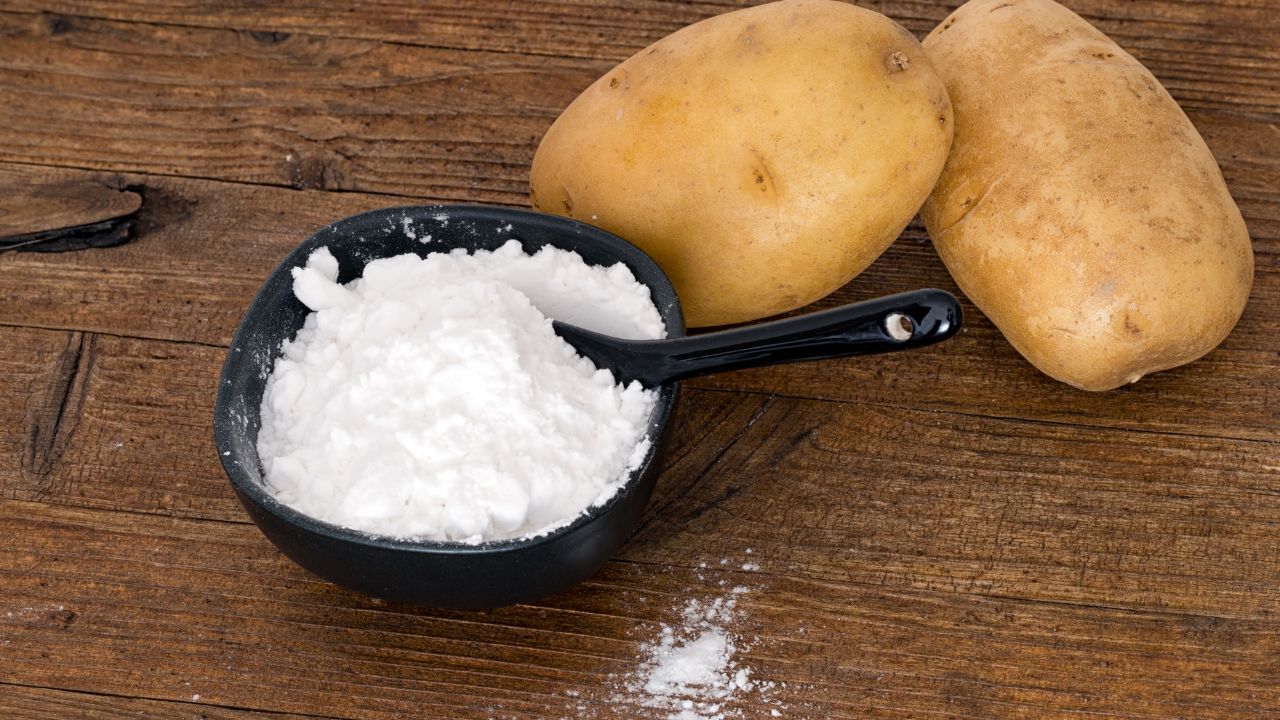
But is this a reason to bin the whole recipe altogether? Luckily, the answer for you is no.
There are plenty of substitutes for this type of starch and we’ve compiled a list of 5 of the best.
You can easily swap your potato starch out for any of these and not suffer a noticeable change in the consistency and flavor of your dish.
Why Use Potato Starch?
Potato starch is a long-chain carbohydrate that is not dissolvable in water but can be dissolved in other chemicals. This is what makes it an essential ingredient in baking.
You will see it used in baking to thicken certain cakes and other sweet treats. It is also used to thicken things like salad dressings, soups and gravies.
You can also use potato starch to make the glue that is used in papier mache. This is a non-toxic substance, which means that kids can use it and ingest it without having to worry about getting poisoned.
You can get potato starch from a number of different places, but the most important thing is that it is cheap and available.
However, for whatever reason, some people might not want to have potato starch in their recipe.
However, never fear, we have a list of 5 of the best substitutes that should not change the constitution of your original recipe.
Top 5 Potato Starch Substitutes
1. Tapioca Starch
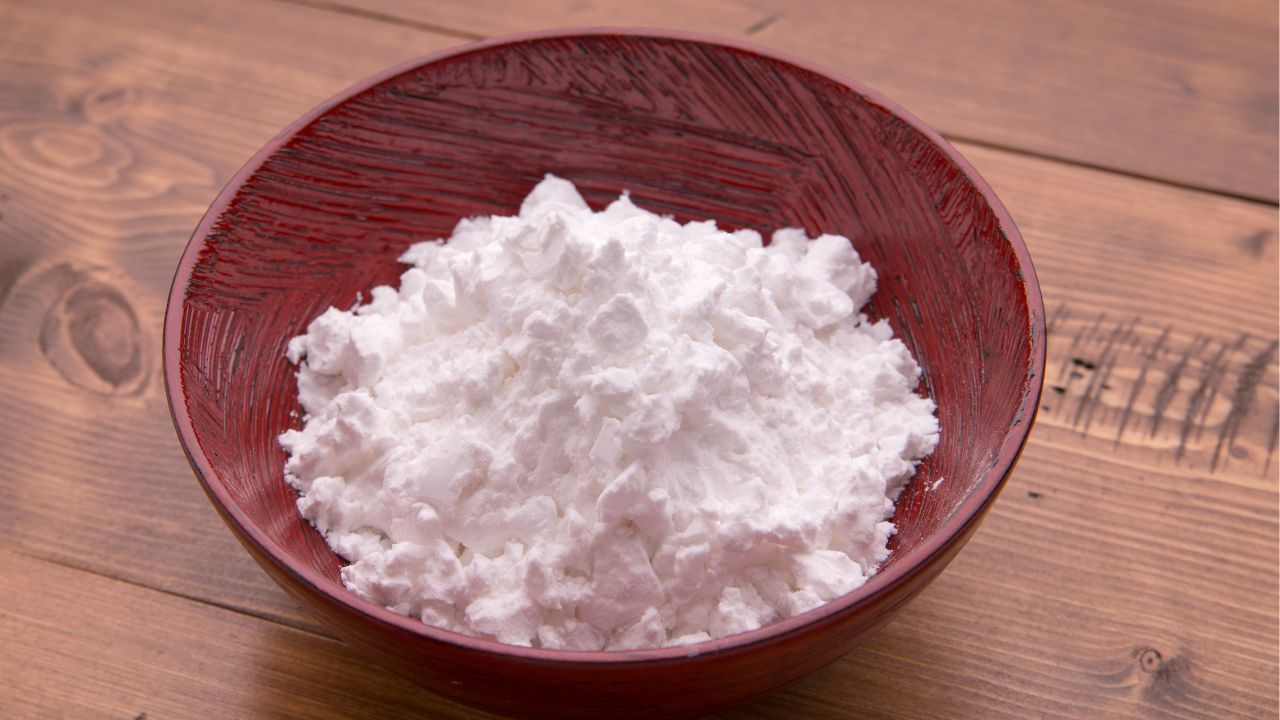
This first one is a very popular alternative to potato starch, is made from the ground down cassava root.
You can use vast quantities of this in your baking and you still won’t have that starchy texture that you might get when you are using potato starch.
There are plenty of brands that you can choose from, each one will have a different taste and texture, ranging from bland to quite earthy and nutty.
You can also get tapioca starch which is quite sweet, which makes it a good ingredient in baking.
You should be able to use tapioca starch in your recipe without having to alter the baking or cooking time.
You can use this as a replacement for many different types of food, one of the main ones being egg (see also ‘Egg Yolk Substitutes: 5 Top Picks‘), which is commonly used as a binding agent in a lot of cakes and other sweet treats.
Also, if you have an intolerance to gluten, then tapioca starch will be a great substitute for you to use.
2. Arrowroot Powder
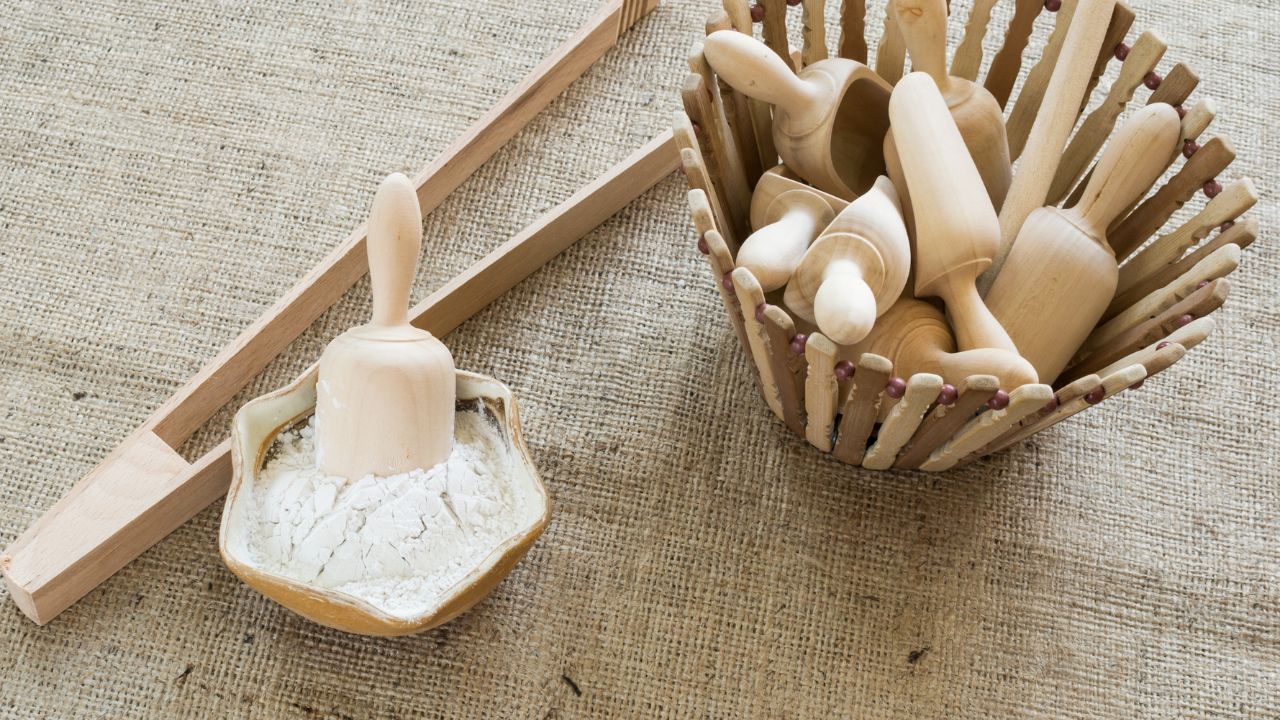
Next up, we have flour that is made from the root of the exotic plant Maranta Arundinacea. This is a great thickener that is often used in gravies and soups.
You can also use this in dishes to add a little bit of crispiness to whatever dish that you are making.
This powder usually has a distinctive sweet taste, although this should influence the final taste of whatever food you are making.
You can use this powder in many of your dishes, it does not contain any gluten or other harmful additives, which is great for anyone who is suffering from these illnesses and intolerances. This is also completely vegan.
Arrowroot is usually used in fruit sauce to help thicken up the dish. You might find this in with some tinned fruits.
If you are going to be using this to replace your potato starch, then we would recommend that you use it in a 1:1 ratio.
3. Coconut Flour
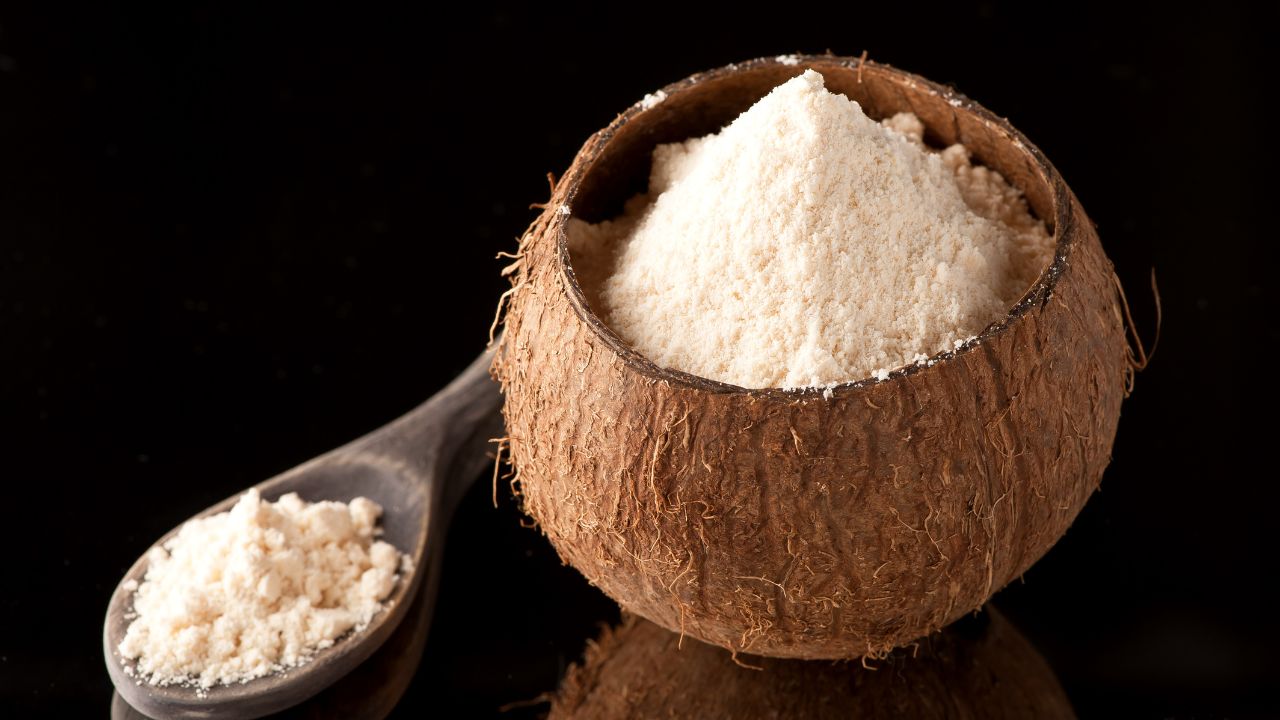
Now we have something that you might have already used in your baking, as it is a common ingredient.
This is made from coconut that has been dried out and had the fat taken out from it. This results in a flour that is very low carb, which is great for anyone who is closely watching their weight.
If you are looking for something with innumerable health benefits, then this is a great flour to have. It is also a very good source of fiber for people.
It is also a good source of protein, which is great for anyone looking to boost muscle growth.
If you are going to be using coconut flour as an alternative thickener to potato starch, then you should be sure that you use only 1 tablespoon of coconut flour for every 3 tablespoons of liquid.
The reason why you should use less coconut flour than potato starch is that coconut flour is extremely absorbent.
You can find coconut flour at your local store, but if you want to buy it in bulk, you might either have to find a larger wholesaler or you’ll have to buy it online.
4. Wheat Flour
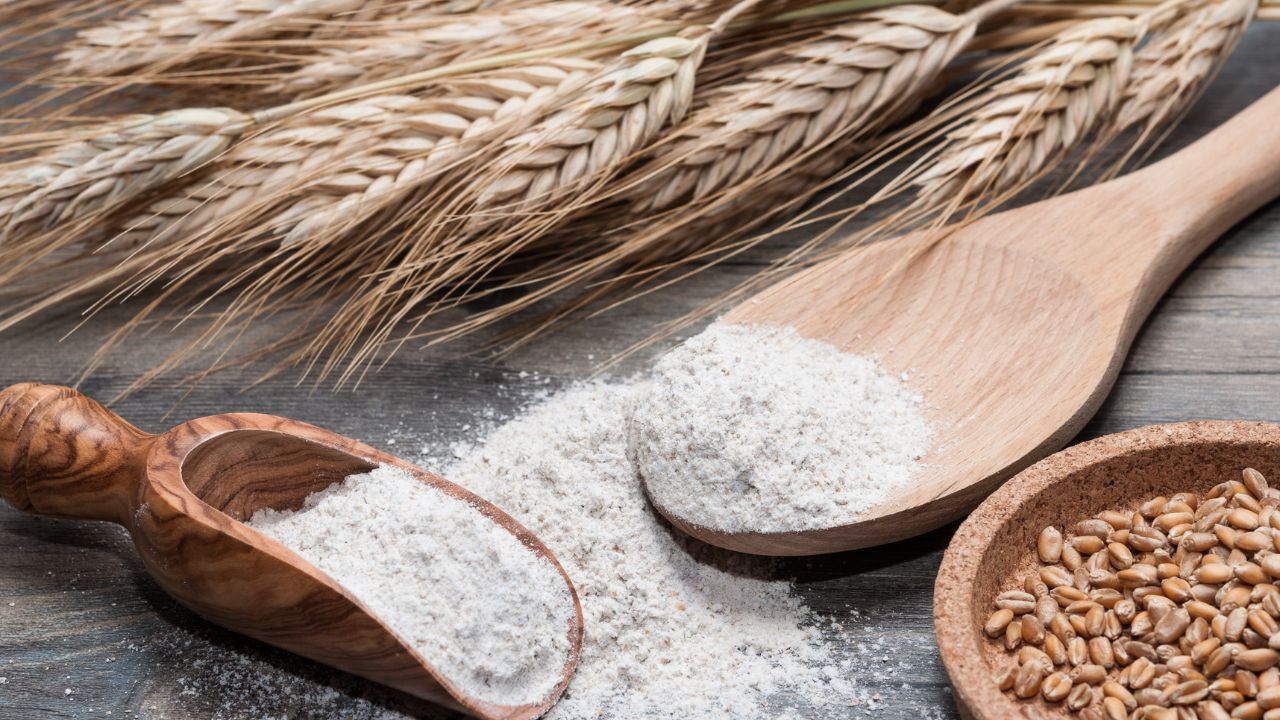
Next up, we have a classic flour that is often used as a thickening agent for many different types of food including gravies, soups and other sauces.
This has a much airier consistency than potato starch but you can be sure that it will do the job of thickening up your meals.
If you are going to be using this instead of potato starch, then you should be aware that it will affect the final taste of your dish, giving it that slightly nutty flavor.
However, if you are gluten intolerant, then you should avoid this flour also, as it does contain this substance.
However, overall it has more health benefits than potato starch. It comes with plenty of nutrients such as potassium, iron and vitamin D.
Another great thing about wheat flour is that it comes with fiber, which is great for regulating your digestive system. It is also packed with plenty of healthy proteins.
5. Cornstarch
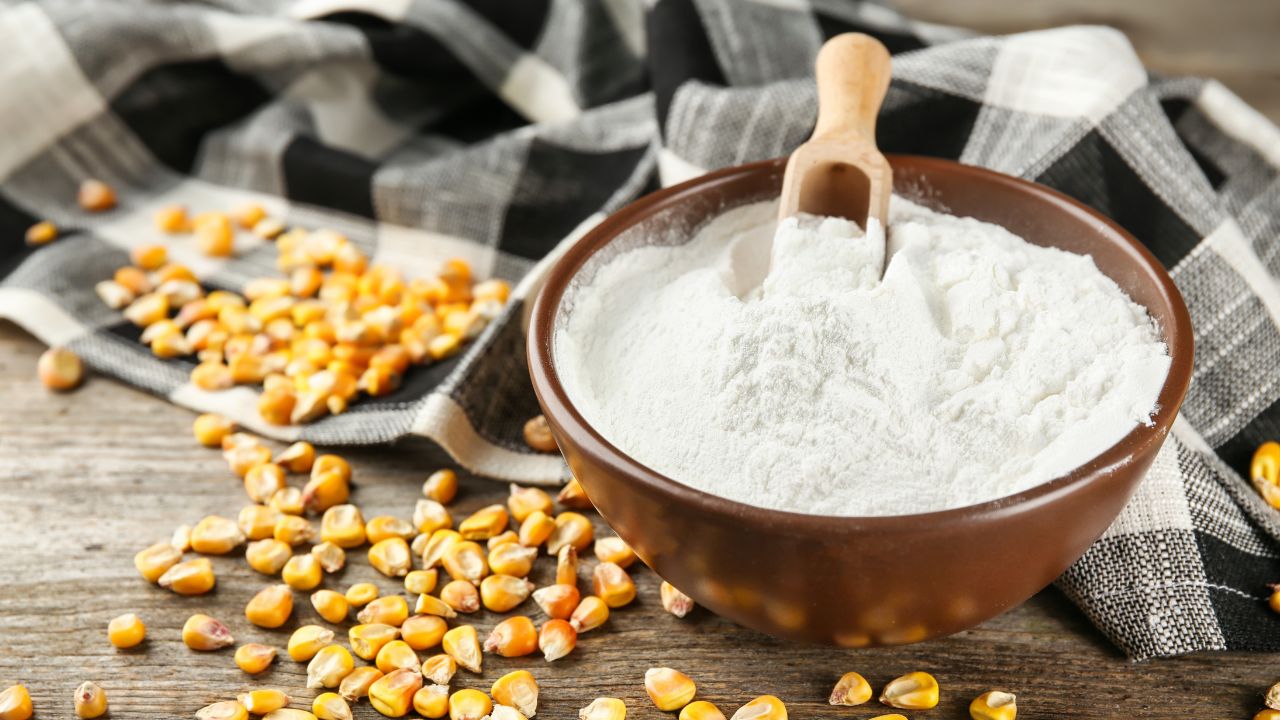
This is one of the more popular substitutes for potato starch and you might see it actually used more commonly in certain recipes.
This is a great substitute because it is entirely gluten-free, which is great if you are experiencing intolerances.
Before you add cornstarch to your recipe, you might need to thicken it up first. You can do this by adding water, which will give you a decent consistency which you can then add to your recipe.
You’ll need to make sure that you have around 1 tablespoon of cornstarch for every 2 tablespoons of liquid.
If you put in too much cornstarch, then your dish will become too thick, turning into a more paste-like substance.
One other thing that you should be wary of is the fact that your cornstarch will alter the color of your final dish.
If you are looking to present your dish in a certain way, perhaps for a baking competition, sometimes the color of your final meal will matter.
In terms of taste, cornstarch is usually quite bland, so you shouldn’t have to worry about it altering the final taste of your dish.
Why Should I Replace My Potato Starch?
There are plenty of reasons why you might want to switch out your poato starch for one of the ingredients that we have listed here. Here are some of them:
- You want to lower the calories of your dish.
- You are gluten intolerant.
- You have an allergy to carbohydrates.
- You want to increase your protein intake.
- You find that potato starch does not thicken your dishes sufficiently.
Conclusion
We hope that this article has helped you to track down an effective substitute for your potato starch that you think looks appealing.
Try a few different options to see which one works the best for you. Remember to alter the amount of substitute you put in based on the recipe.
- 15 Traditional Greek Breads - July 31, 2023
- 30 Delicious And Gluten-Free Cookie Recipes - July 29, 2023
- 30 Of The Best European Desserts - July 29, 2023

